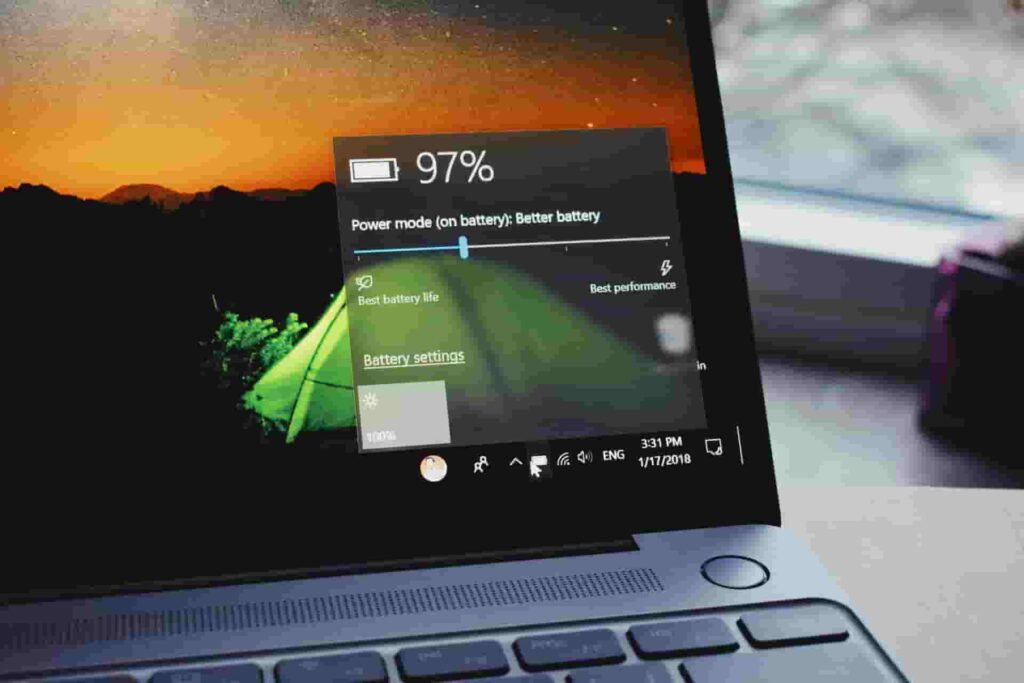In today’s digital world, online safety and security are becoming more and more crucial. It’s crucial to take precautions to safeguard yourself and your data from online risks given the large quantity of personal information exchanged and kept there. Hence you need to follow some important methods to follow for protecting yourself online.
There are multiple ways that criminals may target people and businesses online, from hacking and phishing schemes to identity theft and dangerous malware. In this article, we’ll go through doable actions you may take to maintain your online identity and defend against attacks of this nature.
What is the need of protecting yourself online?
It is crucial to protect yourself online from various cyber threats including hacking, phishing, malware, and identity theft in order to protect your personal information, financial information, and online identity.
It helps in defending your computer and other devices from malware and other harmful software that might damage your system or steal your personal data. Safeguarding your online reputation and identity can assist in avoiding fraud, defrauds, and other unethical actions that may have negative effects in the real world.
As most of our personal and professional activities now take place online it is crucial to protect your privacy and security and prevent other sources from accessing your sensitive data without your consent.
Things to Follow for Online Self-Protection
There are several ways to protect yourself online, including:
1. Use strong and unique passwords
A strong password should include at least 12 characters and be challenging for others to decode. Avoid using information that might be easily guessed, such as your name, birthdate, or everyday terms. It’s crucial to have a different password for each of your online accounts since it prevents access to your other accounts in the event that one password is hacked. You may create and securely store strong, one-of-a-kind passwords with the aid of a password manager.
2. Keep your software up-to-date
Security patches that fix vulnerabilities are often added to software upgrades. You may safeguard yourself from known security dangers by maintaining an updated operating system and applications.
3. Don’t click on links or download attachments from unknown sources
Viruses that can damage your computer or steal your personal information can be found via malicious URLs and attachments. Be cautious when opening files or clicking on links from unidentified sources, especially if they come as a surprise or are unsolicited.
4. Avoid sharing personal information online
Personal information such as your name, address, phone number, and financial information can be used to steal your identity or commit fraud. Be careful about what personal information when you share online, and be cautious of giving it out to unfamiliar websites or individuals
5. Use two-factor authentication
For demanding a second form of verification in addition to your password, two-factor authentication (2FA) increases the security of your accounts. This can come in the form of an SMS, a call, an OTP, or a security token.
6. Use a VPN
Your internet connection is encrypted by virtual private networks (VPNs), shielding your online activities from prying eyes. This can help keep your private data safe from hackers and other bad guys.
7. Be careful when connecting to public Wi-Fi
Unsecured public Wi-Fi networks might expose you to hacker attacks. When using free public WiFi, avoid accessing private information like email or online banking.
8. Keep your anti-virus software updated and running
Malware is a category of harmful software that can damage your computer or steal your personal information. Anti-virus software can shield your computer from this sort of threat. To guarantee that your antivirus software can identify and get rid of the most recent dangers, keep it updated and operating.
9. Be aware of social engineering tactics
Social engineering is the practice of using deceit to trick others into disclosing private information. Know how to recognize and prevent popular techniques including phishing, vishing, and smishing.
10. Be aware of your digital footprint and online reputation
Real-world implications may result from your online reputation and digital footprint. Be careful what you post online and how you promote yourself because it might be seen by friends, family, and possible employers.
Conclusion
In conclusion, protecting yourself online, securing your computer and other devices, and safeguarding your personal and financial information all depend on you taking precautions online. It enables you to prevent any negative outcomes and to be safe and secure when engaging in online activities.
Do you know about Optical Fiber Internet?



